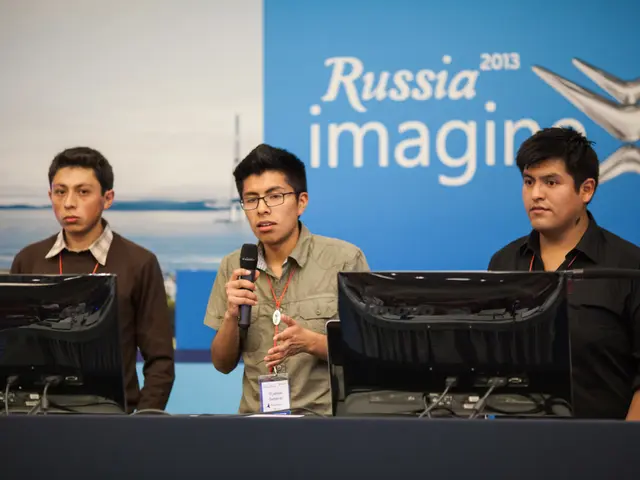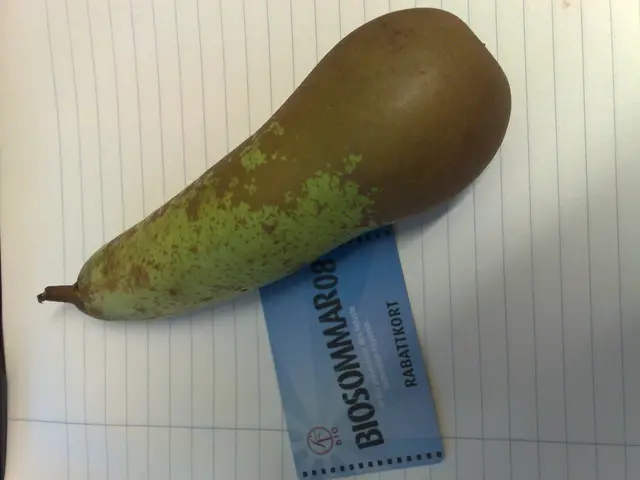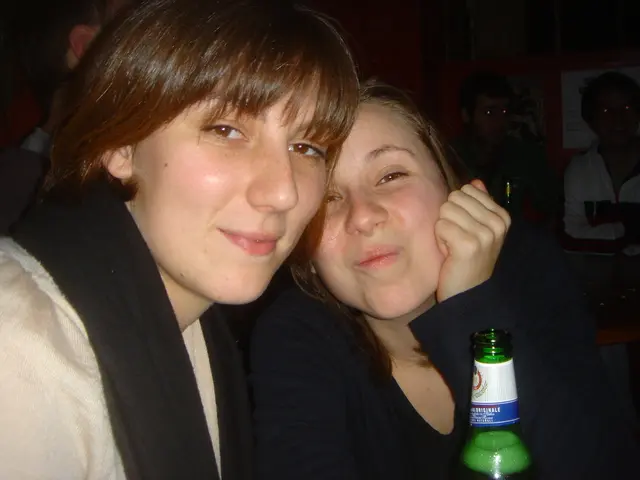Pediatricians' association advocates for COVID-19 vaccination for babies and toddlers, contrary to RFK Jr.'s stance.
The American Academy of Pediatrics (AAP) is advocating for the continued availability of vaccines, particularly the VFC vaccines, in every community for children who depend on them. Dr. Susan J. Kressly, the president of the AAP, emphasizes the importance of protecting children in the age group who were not exposed to COVID viruses during the pandemic.
The AAP's guidance is more important than ever due to the environment of misinformation, according to Dr. Kressly. The AAP has been making pediatric immunization recommendations since the 1930s, and its recommendations differ from those put out by the Centers for Disease Control and Prevention (CDC).
One of the key recommendations from the AAP is for children aged 6 months to 23 months to receive a COVID-19 vaccine. This recommendation is based on the high risk of severe disease for this age group. The AAP's recommendations are part of its annual childhood immunization schedule, which includes guidance for COVID, flu, and RSV vaccines for those aged 18 and younger.
Insurers often rely on the CDC's Advisory Committee on Immunization Practices (ACIP) recommendations to determine vaccine coverage. However, if certain vaccines aren't recommended by the ACIP, parents or guardians may face out-of-pocket costs, and the shots might not be covered by the Vaccines for Children (VFC) program. To address this, Dr. Kressly is having continuing conversations with major payers to ensure vaccines are available for children with commercial insurance.
The CDC initially announced in late May that the COVID vaccine would no longer be recommended for healthy children. However, the CDC later updated its guidance to a "shared clinical decision-making" model, leaving the decision to vaccinate children to parents alongside advice from a doctor.
The AAP's stance on vaccines has been met with criticism. HHS communications director Andrew Nixon accused the AAP of undermining national immunization policymaking with baseless political attacks and putting commercial interests ahead of public health. Nixon reaffirmed Secretary Kennedy's commitment to science, transparency, and restoring public trust.
Despite these disagreements, the AAP is calling for strengthening conflict-of-interest safeguards and keeping its publications free from financial influence. The organization urges working with like-minded policy makers to keep vaccines available for all children who depend on them.
In an unrelated development, the Food and Drug Administration (FDA) has warned the public not to eat possibly radioactive shrimp sold at Walmart.
Read also:
- Abu Dhabi initiative for comprehensive genetic screening, aiming to diagnose over 800 conditions and enhance the health of future generations in the UAE.
- Elderly shingles: Recognizing symptoms, potential problems, and available treatments
- Protecting Your Auditory Health: 6 Strategies to Minimize Noise Damage
- Exploring the Reasons, Purposes, and Enigmas of Hiccups: Delving into Their Origins, Roles, and Unsolved Aspects







